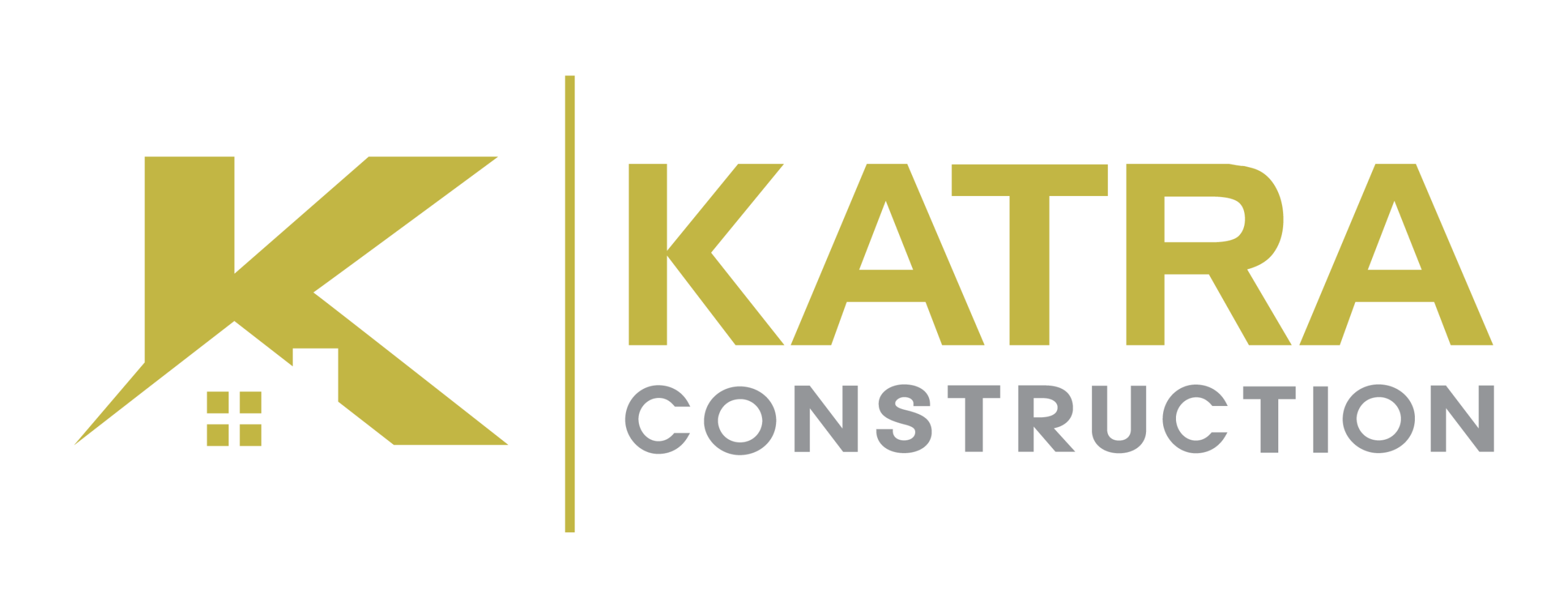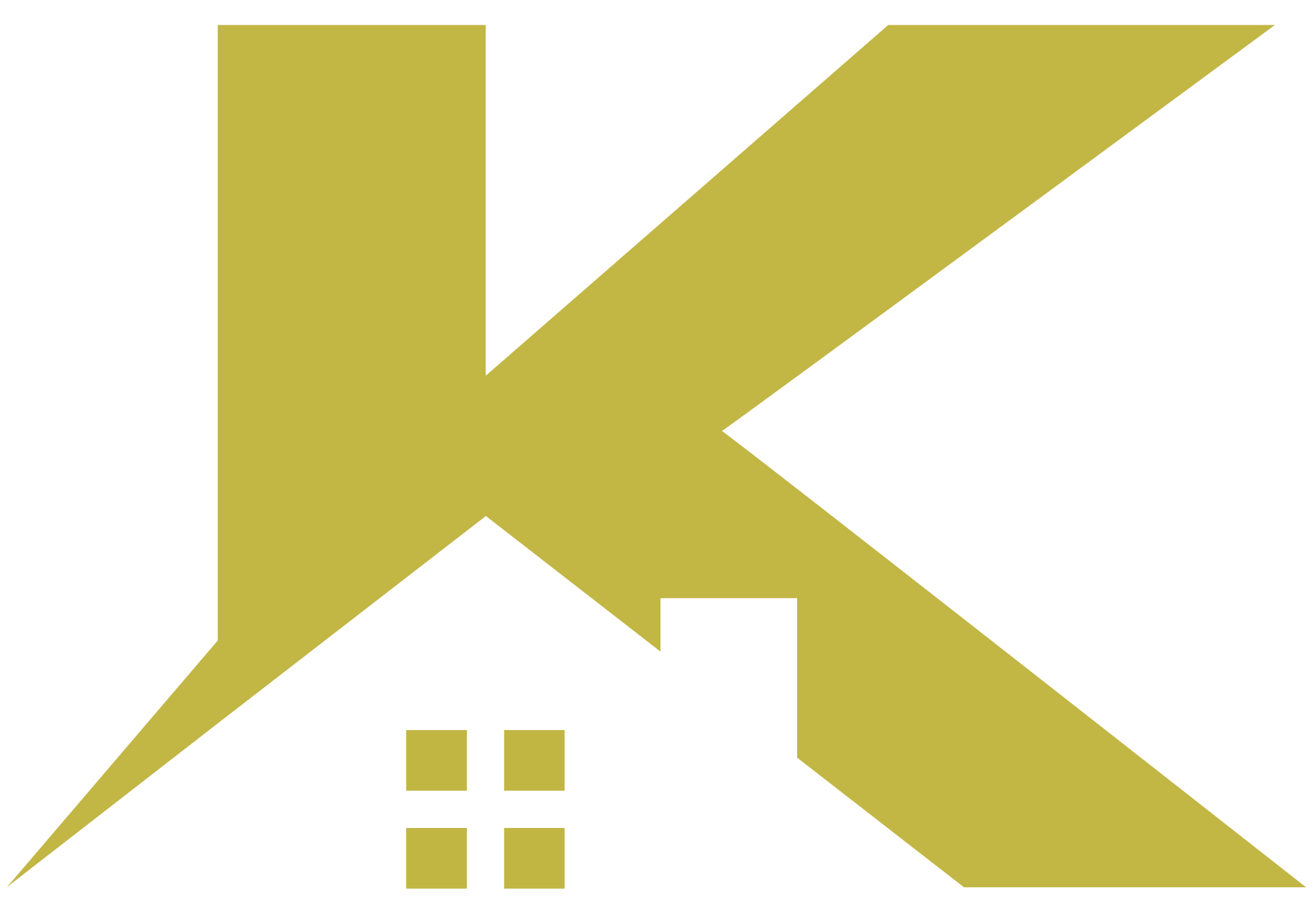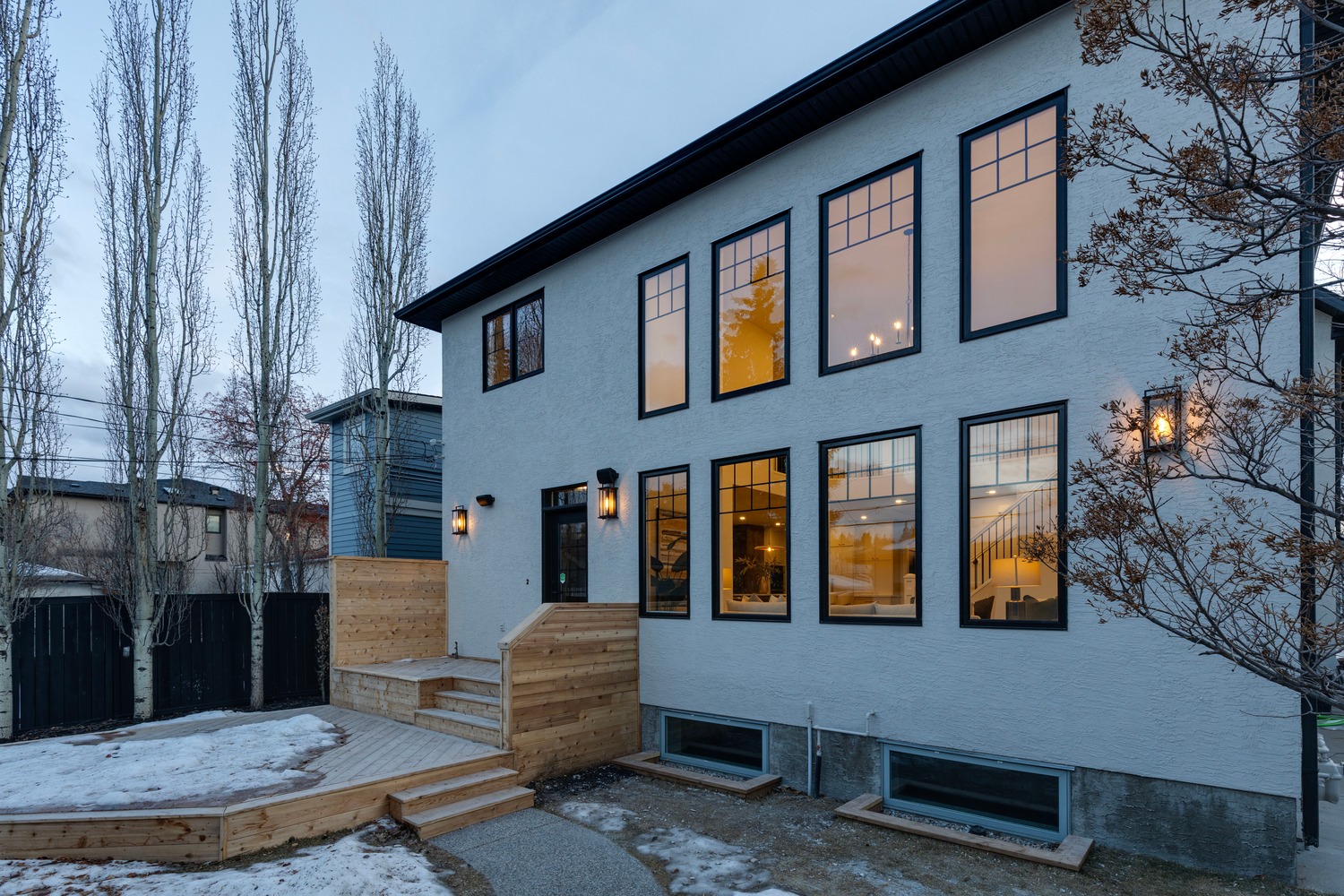1. Define Your Renovation Goals
Before diving into the financials, it’s important to have a clear vision of what you want to accomplish. At Katra construction, our designers will work with you on a questionnaire that considers more than what you want your home to look like but how you use it as well. Functionality is at the heart of our design process.
Renovations can range from simple cosmetic upgrades to full-scale overhauls. Take time to define your goals and prioritize them. Some key questions to ask yourself include:
- What areas of the home are you renovating?
- Are you looking to increase functionality, aesthetics, or both?
- Is this renovation part of a larger plan (e.g., selling the house, increasing space)?
Being specific about what you want will guide you in estimating costs and focusing on what truly matters to you.
2. Consider Phasing Out Your Project
If you’ve got big goals in mind for your home but are concerned about the budget, consider phasing out your project. Phasing out means setting different goals for your home and accomplishing each as its own self-contained project. For example, you might want your whole house remodeled but phase 1 is the main floor completed, phase 2 is the upstairs living area and phase 3 is completing the basement. You can take as much time as you need between phases, your design team will do the upfront planning so you can make an informed plan knowing what each phase will cost.
3. Decide Between DIY and Professional Help
One of the biggest decisions in budgeting for a renovation is whether to tackle some tasks yourself or hire professionals. The more you can do yourself, the more you can save—but don’t underestimate the time and skill required for DIY projects. For a full comparison, check out our blog on Pros and Cons of Hiring a Home Renovation Contractor.
4. Get a Firm Quote and Comparison Shop
Katra construction will help you get your budget under way with a specific and firm quote that reliably reflects the prices you can expect and when you will need to pay for milestones achieved.
While it is a helpful step to compare prices with other contractors, it’s important not to go with the lowest bidder if they aren’t providing the quality or expertise you need. Often, you get what you pay for in terms of craftsmanship and materials.
5. Factor in Hidden Costs
With Katra Construction’s firm quoting, there are no hidden costs however you should plan to budget for any significant scope additions that you decide upon after your project has kicked off.
6. Choose Materials Wisely
Communicate with our design team whether you are aspiring for a high-end look or are looking to save money on materials, they will design the material list and scope with your wishes in mind.
While you might be tempted to splurge on high-end finishes, there are often budget-friendly alternatives that can achieve a similar look if you so desire. For instance:
- Laminate or quartz countertops may provide a similar aesthetic to high-end granite.
- Vinyl or engineered hardwood can mimic the look of solid hardwood but at a fraction of the cost.
- Repainting cabinets instead of replacing them can save you a significant amount of money.
It’s crucial to strike a balance between quality and cost. Invest in areas that add the most value to your home, like the kitchen and bathroom, while being more economical with less important areas.
7. Consider Financing Options
If your renovation costs exceed your savings or budget, you may need to explore financing options. Common options include:
- Home equity loans or lines of credit: If you have significant equity in your home, these can offer lower interest rates compared to personal loans or credit cards.
- Personal loans: A fixed loan that can be used for home renovations with a set repayment schedule.
- Credit cards: Suitable for small-scale projects or purchases, though they come with higher interest rates.
- Government grants or low-interest loans: Some regions offer financing options for home improvements, especially for energy-efficient upgrades.
Make sure to consider the interest rates, repayment terms, and your ability to repay before choosing a financing option.
8. Track Your Milestone Schedule
On your official Katra Construction quote, the milestone invoice amounts are broken out for your project. Add them to your calendar as a reminder how much is due and when.
9. Don’t Forget About Long-Term Costs
Once the renovation is complete, there will be ongoing costs to maintain and operate the updated areas. Consider the following long-term expenses:
- Increased utility bills from upgrades like heating, cooling, or new appliances.
- Regular maintenance, such as cleaning, servicing, and repairs.
- Potential increase in property taxes due to the renovation, especially if it increases the value of your home.
Keep these long-term costs in mind when determining whether your renovation will pay off in the future. A well-planned renovation can not only enhance your living experience but can also increase the resale value of your home.
Final Thoughts
Renovating your home is a rewarding endeavor and with Katra Construction the budgeting process is transparent and stress-free. Phasing out your project can set goals with time in between to prepare your finances and firm quoting lets you plan for your project in advance without the fear of hidden costs.





